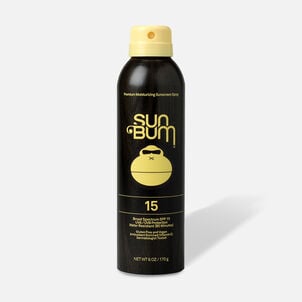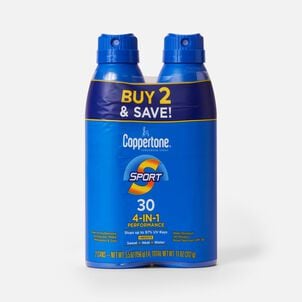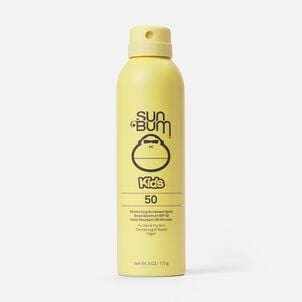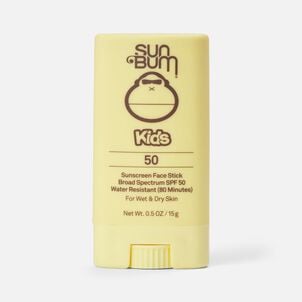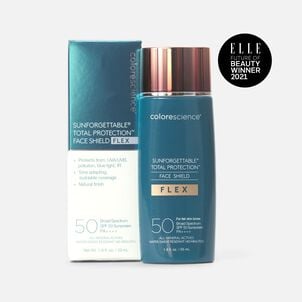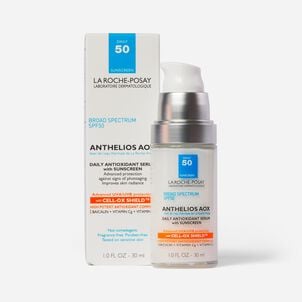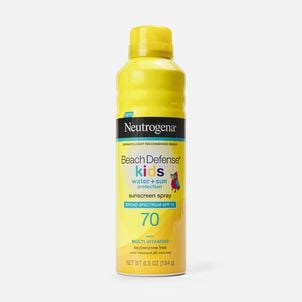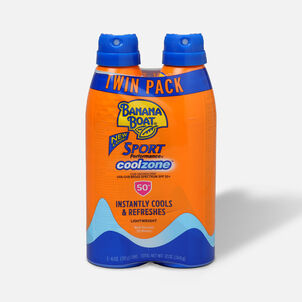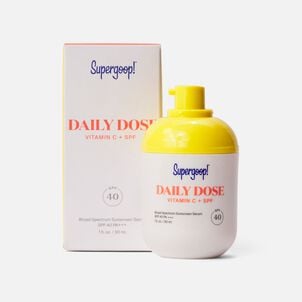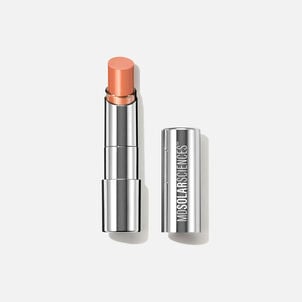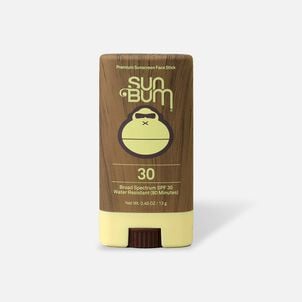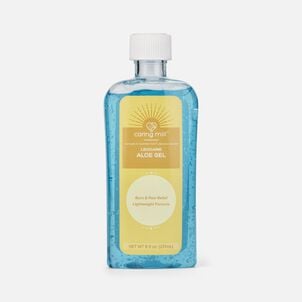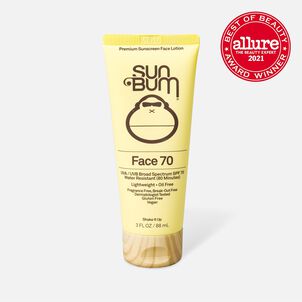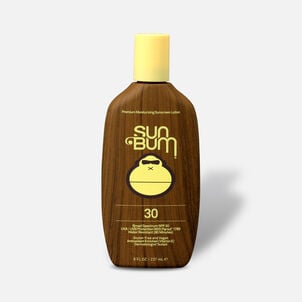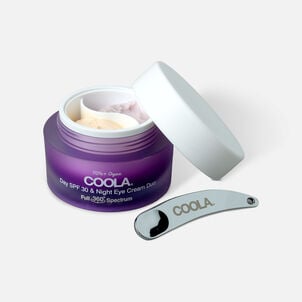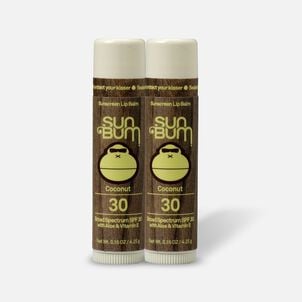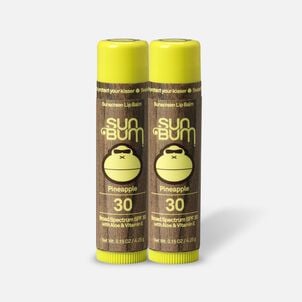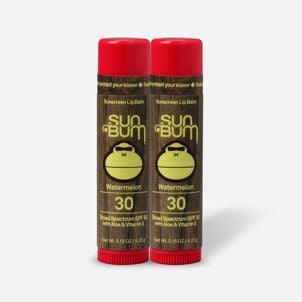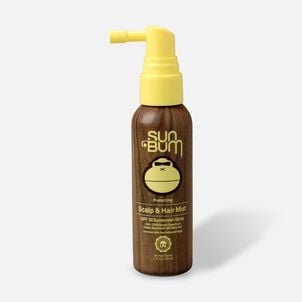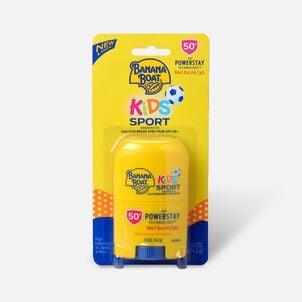The Complete HSA Eligibility List
Here it is — the most-comprehensive eligibility list available on the web. From A to Z, items and services deemed eligible for tax-free spending with your Flexible Spending Account (FSA), Health Savings Account (HSA), Health Reimbursement Arrangement (HRA) and more will be here, complete with details and requirements. Important Reminder: HSAs, FSAs, HRAs and other account types listed may not all be the same. Be sure to check with your administrator to confirm if something is eligible before making a purchase.
Here it is — the most-comprehensive eligibility list available on the web. From A to Z, items and services deemed eligible for tax-free spending with your Flexible Spending Account (FSA), Health Savings Account (HSA), Health Reimbursement Arrangement (HRA) and more will be here, complete with details and requirements. Important Reminder: FSAs, HRAs and other account types listed may not all be the same. Be sure to check with your administrator to confirm if something is eligible before making a purchase.
Baby Sunscreen: HSA Eligibility
Baby Sunscreen: eligible with a Health Savings Account (HSA)HSA Eligible Suncare
Compare to Active Ingredient in Australian Gold Aloe Freeze Gel with Lidocaine
Why is baby sunscreen so important?
Protection from the harmful effects of the sun's UVA and UVB rays is vital at any age to avoid sunburn and the development of skin cancer over time, but it is especially vital for the sensitive nature of an infant's skin. According to The Skin Cancer Foundation, children who experience 5 or more sunburns during their youth are 80 percent more likely to develop melanoma in their lifetimes. Because an infant's skin is far more susceptible to sun damage than at any other stage of their lives, baby sunscreen is vital for a child's long-term health (Mayo Clinic).
How to choose baby sunscreen
First and foremost, babies should not stay in direct sunlight before 6 months of age, as their skin is still far too susceptible to burns and too sensitive for sunscreen because of a lack of melanin. By the time they reach 6 months or older, parents should endeavor to apply sunscreen on their children before they go into direct sunlight for any extended period of time.
When choosing a baby sunscreen, parents should first opt for a sunscreen that is considered "broad spectrum," or one that blocks out UVA and UVB rays that are the primary cause of sun skin damage. A sunscreen's sun protection factor (SPF), is also vitally important and a proper baby sunscreen should contain a SPF of 15 or higher. Additionally, it's better to err on the side of caution and opt for waterproof sunscreen brands that will stay active when exposed to water or sweat. A general rule of thumb for baby sunscreen is to apply it 30 minutes before going outdoors and re-applied every two hours after swimming or sweating from physical activity (The Washington Post).
Additional sun care tips for babies
With an effective sunscreen at their disposal, parents should continue to practice discretion when their children spend extended time in direct sunlight. First, parents should be mindful of peak times of the day when the sun is at its strongest, typically between 10 a.m. and 4 p.m., to ensure their kids have shady spots to retreat to. Last but not least, protective clothing like hats and sunglasses, as well as breathable unbleached cotton clothing to cover their extremities, can go a long way toward preventing sunburns.



